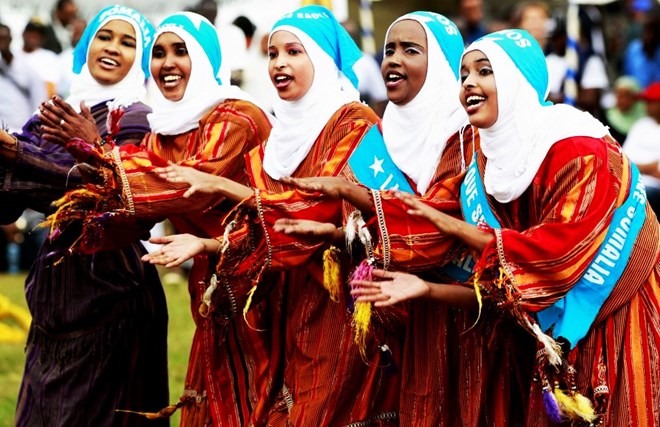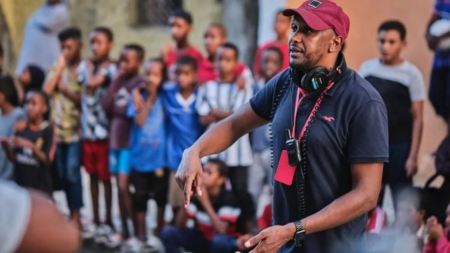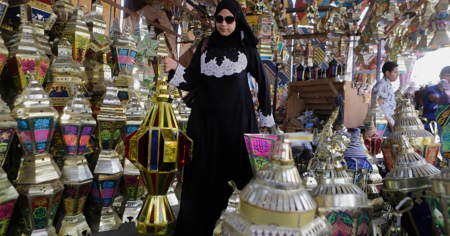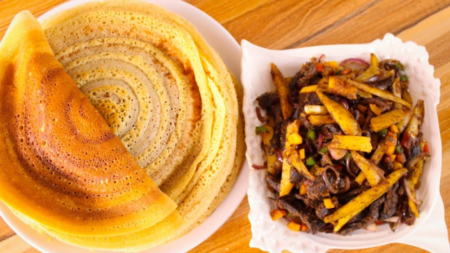After more than three decades of conflict, Somali women are redefining peacebuilding through the power of poetry.
A recent study by the Heritage Institute for Policy Studies highlighted how women are reviving traditional art forms such as Suugaanta—Somali narrative poetry—to mediate clan tensions and foster reconciliation.
Somali Women Leading Where Men Have Failed
Historically, formal negotiations in Somali society were dominated by elder men.
Yet women in regions like Galmudug have played crucial roles in peace efforts.
In 2013, Saleebaan women successfully stopped a deadly vendetta in Cadaado after male peacekeepers had failed to resolve the conflict.
Their poetry has become a bridge across clan divisions, using words to soothe tensions and encourage dialogue.
Somali writers emphasize that women’s social and familial roles, especially through marriage and caregiving, give them unique influence in conflict resolution.
Alignment with Global Peacebuilding Goals
These grassroots initiatives align with the global Women, Peace and Security agenda of the United Nations, which recognizes women’s critical role in peacebuilding and post-conflict recovery.
Since 2023, more than 600 Somali women across the five federal states have participated in reconciliation consultations, demonstrating their commitment to building an inclusive and peaceful future.
The appointment of Saadia Yasin Haji Samatar as Somalia’s first female Deputy Speaker in April 2022 further reflects this growing shift toward women’s leadership.

Challenges Facing Women in Peacebuilding
However, challenges remain.
Women are still largely excluded from formal reconciliation forums due to entrenched patriarchal norms, clan politics, and cultural resistance.
Many also lack access to adequate mental health support, despite enduring decades of trauma from conflict and displacement.
Poetry as a Tool for Cultural Preservation and Peace
Across Somali communities, women continue to use buraanbur—a poetic form traditionally composed and performed by women—as both a cultural preservation tool and a peaceful call for unity.
Through poetry, Somali women are not only healing wounds but also reclaiming their voices in shaping Somalia’s future, proving that cultural expression can be a powerful force for peace.








